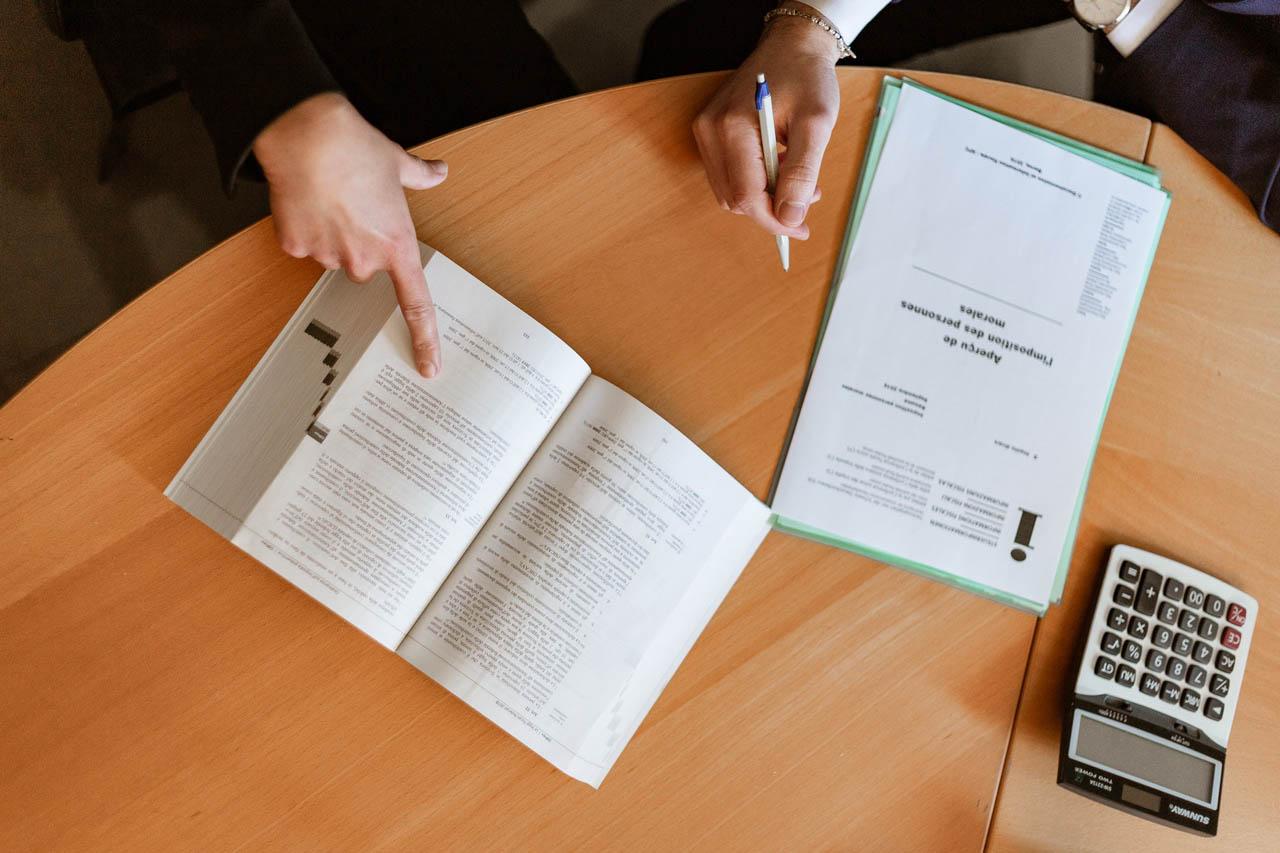 Exploitation of a patent and Common Regime of Compulsory Licenses
Exploitation of a patent and Common Regime of Compulsory Licenses
The owner of a patented invention has the obligation to exploit it commercially, either directly or through licensing[1]. Andean regulation indicates what is understood by commercial exploitation[2]:
- Industrial production of the product covered by the patent, or,
- The full use of the patented process, including the distribution and marketing of the results thereof, in a manner sufficient to meet the needs of the market, or,
- The import of the patented product, including distribution and marketing, where it is done on a scale sufficient to meet the needs of the market.
- Where the patent relates to a process that does not result in a product, the requirements of marketing and distribution shall not be enforceable.
The objective of the regulation is that the procedure or product is effectively exploited, for which reason it will be important for commercial activities to seek to satisfy market demand.
On the expiry of a period of three years following the grant of the patent, or four years following the application for the patent, whichever is the longer, the competent national office may grant a compulsory license for the industrial manufacture of the product to which the patent relates, or for the full use of the patented process, at the request of any interested party[3].
Similarly, there are 3 additional cases for compulsory licensing:
- Compulsory license for reasons of public interest, emergency, or national security [4].
- Compulsory license for practices that affect free competition[5].
- Compulsory license due to dependence on a third-party patent[6].
In this sense, the compulsory license for lack of economic exploitation, as well as the 3 license cases previously indicated are regulated by the Regime of Compulsory Licenses, Andera Decision 486. You can access the Regime of Compulsory Licenses, clicking here.
Guidelines applicable to the procedure for Compulsory Patent Licenses
On September 19, 2019 Indecopi´s Directorate of Inventions and New Technologies by Resolution No. 002706-2019/DIN-INDECOPI approved the guidelines applicable to the procedure for the issuance of Compulsory Licenses contemplated in Decision 486 and Legislative Decree 1075.
The guideline develops the requirements that the application for compulsory license must comply and the procedures for 4 types of them. You can access to the Guideline´s requirements and procedures, clicking here.
In all cases, if it is considered that there are enough elements to grant the compulsory license, a technical opinion will be requested from the Economic Studies Department of Indecopi to determine the corresponding financial compensation, who may request, through the Inventions and New Technologies Directorate, information to the parties.
In a maximum period of 30 business days, the Economic Studies Department of Indecopi will issue its technical opinion. Subsequently, the Inventions and New Technologies Directorate will issue a resolution ruling on the scope of the license, the period, the object, the amount, and compensation conditions.
Finally, the license may be revoked either ex officio or at the request of a party, providing the corresponding protection to the interests of the party who obtained the authorization[7]. Likewise, if the conditions have changed, the patent owner or the licensee may request that the terms and conditions of the compulsory license be modified.
For any of the cases, an appeal may be filed within 15 business days. The challenge will not prevent exploitation nor will it have any influence on the terms that are running. In the same way, it will not prevent the patent owner from receiving, in the meantime, the financial compensation[8].
The Takeaways
Regulation of the procedures for obtaining compulsory licenses was necessary. In this sense, the guidelines regulate the terms of the procedures by type of licensing, which are quite short and expeditious.
In relation to financial compensation, I consider that the request for information from the patent owner should have been an obligation and not a faculty of the Economic Studies Department. However, the guarantee of due process is protected, while the owner has the possibility to appeal.
Finally, it is important to highlight the patent owner may justify his inaction with legitimate excuses, including reasons of force majeure or fortuitous event, in accordance with the internal regulations of each Member Country[9].
[1] Article 59. Decision 486
[2] Article 60. Decision 486
[3] Article 61. Decision 486
[4] Article 65. Decision 486
[5] Article 66. Decision 486
[6] Article 67. Decision 486
[7] Letter c), article 68. Decisión 486
[8] Article 62. Decision 486
[9] Second paragraph, article 61. Decision 486
 Alejandro Castro Angulo
Alejandro Castro Angulo
Lawyer – Managing Director
